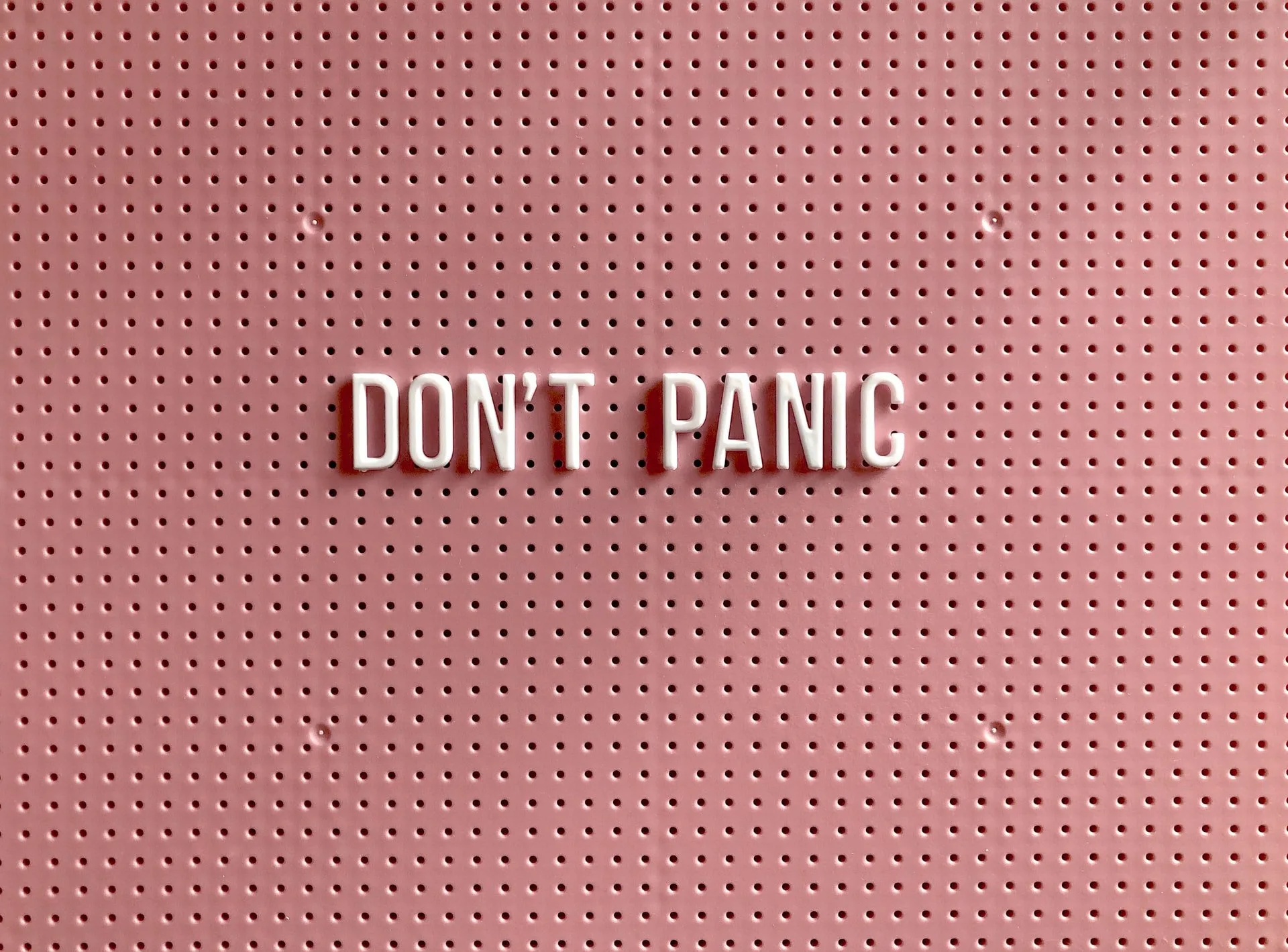It’s not unusual to experience feelings of anxiety or worry from time to time. However, for some people these feelings can be ongoing and debilitating. Anxiety is a normal part of life, and so it may not always be simple to distinguish when it may have developed into an unhealthy preoccupation. Sindisiwe Mlotshwa, counselling psychologist explains how to identify if you have potential signs of an anxiety disorder.
When worry is too much
In small doses, anxiety can help protect us from danger and help focus our attention when tasks need to be completed. However, when these reactions occur too frequently and are more severe, they can begin to affect our work performance. They can also damage your relationships and quality of life.
When worry and anxiety manifest to the point where they are becoming unmanageable, you could be suffering from an anxiety disorder.
Signs that you may have an anxiety disorder
There are different types of anxiety disorders, and if your anxious experiences are becoming intolerable there are certain signs you should take note of them. These include:
-
Uncontrollable concern
-
Excessive nervousness
-
Sleep problems
-
Muscle tension
-
Poor concentration
-
Increased heart rate
-
Upset stomach
-
Avoidance of situations that may cause fear, or the fear itself
When these symptoms become both too frequent and severe for those affected to manage, it is important to seek professional help.
Fear and anxiety
Anxiety disorders share elements of extreme fear and anxiety where the person’s behavior changes because of these anxious thoughts and feelings.
For example, if a person has anxiety about driving in traffic, this may be helpful if it promotes more cautious driving behaviour. If anxiety is making you so cautious that you are a danger to other drivers by driving too slow, fast, or indecisively for instance, or if you avoid driving at all, then the anxiety has become a problem.
When an anxiety disorder gets too much
If the person’s anxiety leads them to stop going to work or visiting friends and family because they do not want to travel in a vehicle, then the anxiety is disrupting their life. It would suggest the possibility of an anxiety disorder, which may require professional mental health support to overcome.
What can you do?
There are multiple types of anxiety disorders. These include social anxieties or social phobias, separation anxieties, and panic attacks. Fortunately, professional help is available and there are various ways of treating and navigating an anxiety disorder, which may be useful either on their own or in combination.
 1. Exercise
1. Exercise
Exercise can be very helpful, as it promotes the healthy production of serotonin and endorphins to help regulate anxious feelings. These natural hormones promote feelings of calm and well-being and can assist in managing the symptoms. Exercise is often recommended in conjunction with other interventions, such as psychotherapy or medication prescribed by a psychiatrist.
2. Cognitive behavioural therapy (CBT)
CBT is one of the techniques psychologists most frequently use when treating anxiety disorders. “Through CBT, unhealthy thinking patterns that elevate anxiety levels are identified and challenged. Often, CBT will also include elements of exposure therapy and relaxation techniques.
3. Exposure therapy
Exposure therapy, which should only ever be undertaken with a trained professional, involves slow and gradual exposure to whatever is triggering the client’s anxiety, with the aim of diminishing their distress.
4. Relaxation techniques
Relaxation techniques can also assist in managing the symptoms of anxiety. These include practices such as deep breathing, progressive muscle relaxation, and mindful sensory engagements. Through focusing on external and physical experiences or senses, we can help the person to step out of their internal emotional experiences. Once the client is comfortable with relaxation techniques, they can be applied whenever needed, without the presence of a guiding professional.
5. Medication
Psychiatrists may prescribe anti-anxiety medication to help address the chemical causes of anxiety within the body. Medication should only ever be taken exactly as prescribed, and it is important not to stop taking psychiatric medicine without first consulting your treating doctor, even if you are feeling better.
LL note: There are natural options such as CBD that can be explored, but you will also need to discuss this with a professional.
The bottom line
An anxiety disorder can be devastating, but the good news is that help is available. It is possible to overcome anxiety and reclaim your life.
About the author

Sindiswe Mlotshwa is a counselling psychologist. She holds a Psychology Hons degree from the University of Cape Town and completed her MA at Wits University. She practices at Akeso Clinic Johannesburg. South Africa.



![women [longevity live]](https://longevitylive.com/wp-content/uploads/2020/01/photo-of-women-walking-down-the-street-1116984-100x100.jpg)










